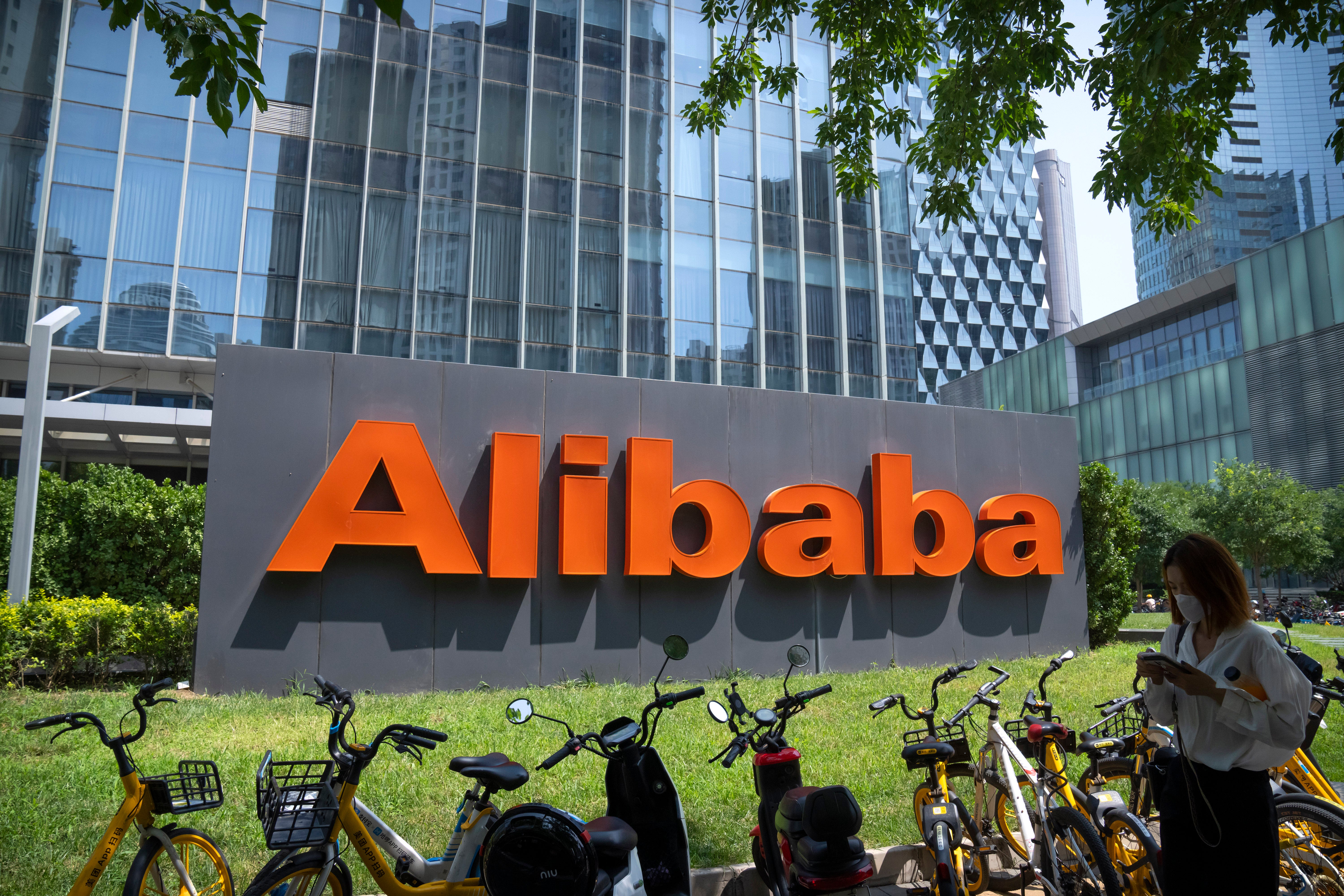China e-commerce giant Alibaba outlines future strategy
The CEO of Chinese e-commerce and financial giant Alibaba says the company is moving toward giving up control of some of its business units in a transition toward becoming a capital operator to unlock the value of its sprawling businesses

The CEO of Chinese e-commerce and financial giant Alibaba said Thursday that the company is moving toward giving up control of some of its business units in a transition toward becoming a capital operator to optimize the value of its sprawling businesses.
Daniel Zhang outlined details of a plan announced earlier this week to split Alibaba into six main groups as a prelude toward stock listings of some of its companies. The restructuring marks a new stage in Alibaba’s growth after a series of setbacks as regulators cracked down on it and other tech companies.
Alibaba, whose headquarters is in the eastern city of Hangzhou, will be “in the nature of a holding company that is the controlling shareholder of the business group companies,” Zhang said in a conference call.
Alibaba's CFO, Toby Xu, said the company would continue to evaluate the strategic importance of group companies after they go public and decide whether or not to retain control. He declined to say when they might go public.
“We believe the market is the best litmus test, so each business group company can pursue independent fundraising and IPOs as and when they are ready,” Xu said.
Alibaba’s stock prices in Hong Kong and New York have rallied nearly 15% since the restructuring was announced Tuesday. The firm’s Hong Kong-listed stock was up 0.9% by midday Thursday.
The plan, and the recent return of Alibaba founder Jack Ma to China after months abroad appear to mark a turnaround after several hard years. Chinese regulators singled out Alibaba for scrutiny in a crackdown on technology and internet companies, putting the brakes on a planned initial public offering in 2020 of Alibaba’s financial affiliate Ant Group.
Ma had kept a low profile with few public appearances since Nov. 2020, when he had publicly criticized China’s regulators and financial systems during a speech in Shanghai.
Ant had been set to raise $34.5 billion in what would have been the world’s largest share offering at the time. Alibaba was later investigated and fined $2.8 billion for breaching antitrust rules as Chinese authorities cracked down on the once-freewheeling technology industry.
“The looser connections between the business units is in line with the regulatory stance of encouraging competition,” said an analyst’s note from Moody’s Investor Service.
Among other things, the restructuring plan might allay such antitrust concerns, since as Zhang explained, each Alibaba business unit would be empowered to make its own decisions and raise capital independently. He said that having business units operate independently should also foster innovation and growth after years of harsh COVID-19 restrictions that battered China’s economy.
Alibaba's restructure — the first of its kind in the Chinese technology industry — also could serve as an example for similar companies such as online games company Tencent to follow suit. Tencent's shares rallied after Alibaba's announcement on Monday.
“We think that Alibaba’s new organizational structure could be used by Chinese regulators as a template for other Chinese Big Tech firms,” said a report by CreditSights.